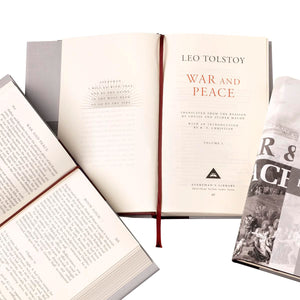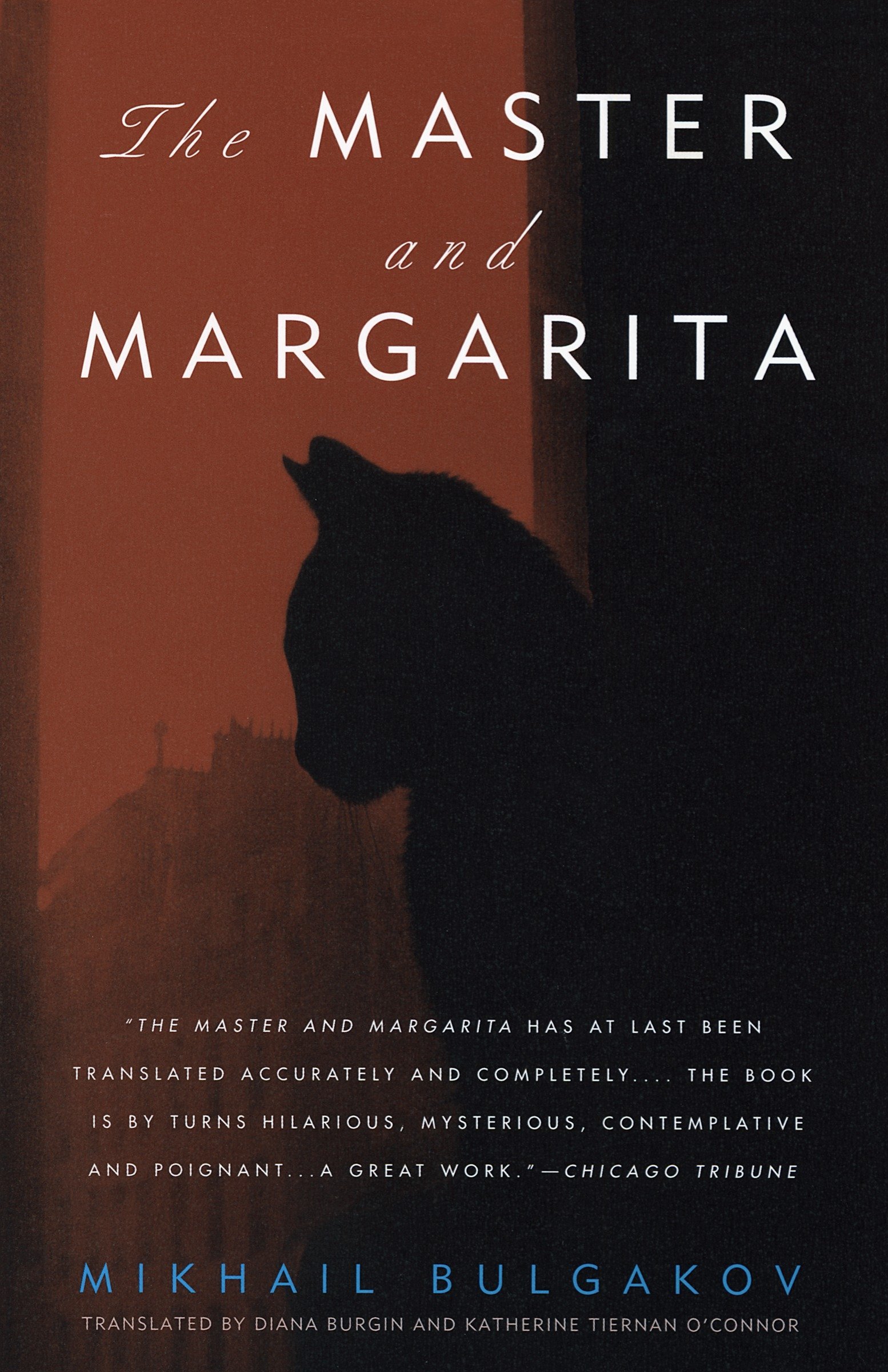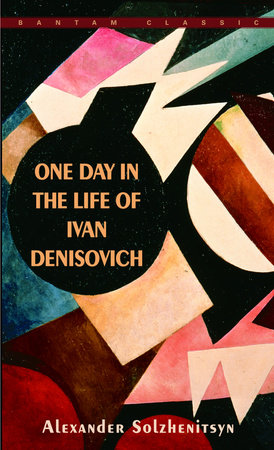There’s something characteristic about Russian literature that I love. I can’t fully describe it. But I feel it has a lot to do with the nation’s complex history and—in my mind, at least—some stereotyped notion of its culture.
Regardless, there are four authors I want to highlight here. They have produced some of the most classic pieces of Russian literature, and hopefully, there will be something that piques your curiosity here as well.
Leo Tolstoy
Tolstoy’s works are go-to examples of nineteenth-century Russian literature today: iconic of the aristocracy in Imperial Russia, of a certain grandeur. This makes sense: Tolstoy, after all, was a count, and his writing reflects this milieu.

War and Peace, an utter behemoth of a work, recounts the lives of several Russian aristocrats in the period leading up to, during, and after Napoleon’s invasion of Russia in 1812. It is rich with military history—though not entirely accurate at times—and romantic subplots. Depending on what you prefer, though, either the “war” and history parts or the “peace” parts will seem boring. (On a related note, I skipped the second epilogue entirely.)
Anna Karenina describes a realist’s picture of love and adultery, filled with difficult moments, not quite as long as War and Peace but still notably lengthy, considered one of the greatest novels of the nineteenth century.
Fyodor Dostoevsky
Dostoevsky is well-regarded because of his incisive dives into the human condition, set against the backdrop of a politically and socially tense nineteenth-century Russia.
The only work of his I’ve had the pleasure of reading (so far!) is Crime and Punishment. This is a novel that draws out empathy for a murderer, the pained details of a protagonist whose psychological state deteriorates as his mind conflicts against his morals. There is a philosophical—and at the end, religious—undertone to the novel: at first, one about murder and utilitarianism. This, however, transitions to a commentary on crime and penance and what punishment truly means.
Also look at The Brothers Karamazov, The Idiot, and many others. I’m under the belief that you won’t go wrong with any Dostoevsky works—they are all said to be expressions of literary bravura.
Mikhail Bulgakov
Bulgakov’s most prominent work, The Master and Margarita, is spectacular. Writing in the 1930s, during the height of Stalin’s reign in the Soviet Union, The Master and Margarita is a daring satire on Moscow’s elite, a flamboyant tribute to art, a story about the Devil, a giant cat, and several other equally strange characters, a reinvention of the stories of Faust and—perhaps curiously—Pontius Pilate.
This work is filled with humour and absurdity and bound to make its reader laugh. I would highly recommend it.

Aleksandr Solzhenitsyn
I was first introduced to Solzhenitsyn through one of his non-fiction works, The Gulag Archipelago. This is a book describing life within the forced labour camps—Gulags—of the Soviet Union with uncompromising detail. Solzhenitsyn is famed for this writing, which was compiled through both first-hand experience in Gulags and other sources. And through it, he revealed to a global audience horrifying details of several repressive systems in the USSR.
However, the work that people most commonly recommend, and one that I’ve found equally fascinating, is an earlier work. One Day in the Life of Ivan Denisovich is a novel following an ordinary prisoner in a Gulag. The writing at times is terse and abrupt—factual. Make-no-mistake-this-is-what-happened. Meanwhile, a certain mundane nature persists.
It’s a fundamentally political and social commentary, much like most of these works. To read it is to experience a fragment of history, and that’s worthwhile.


